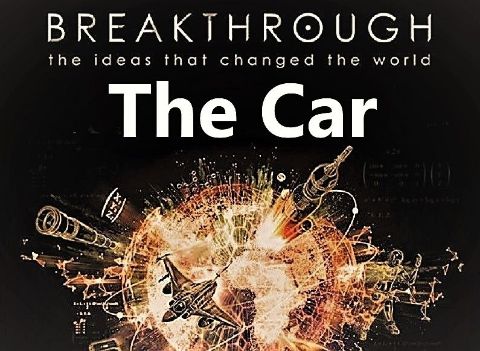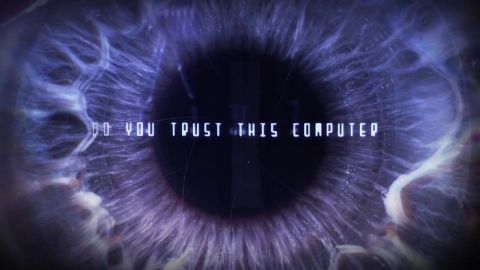Inside The Internet: 50 Years of Life Online • 2019
To celebrate the webs big 50th birthday, Nat Geo takes a fun, nostalgic throwback romp down the cyber highway, from the early days through today. I LOVE THE INTERNET is one part glorious memory lane, one part "how the web changed everything" - our friendships, our habits, even our brains. It's nostalgia entertainment with enough gravitas to make it must-have content on Nat Geo.
Make a donation
Buy a brother a hot coffee? Or a cold beer?
Hope you're finding these documentaries fascinating and eye-opening. It's just me, working hard behind the scenes to bring you this enriching content.
Running and maintaining a website like this takes time and resources. That's why I'm reaching out to you. If you appreciate what I do and would like to support my efforts, would you consider "buying me a coffee"?
Donation addresses
BTC: bc1q8ldskxh4x9qnddhcrgcun8rtvddeldm2a07r2v
ETH: 0x5CCAAA1afc5c5D814129d99277dDb5A979672116
With your donation through , you can show your appreciation and help me keep this project going. Every contribution, no matter how small, makes a significant impact. It goes directly towards covering server costs.





